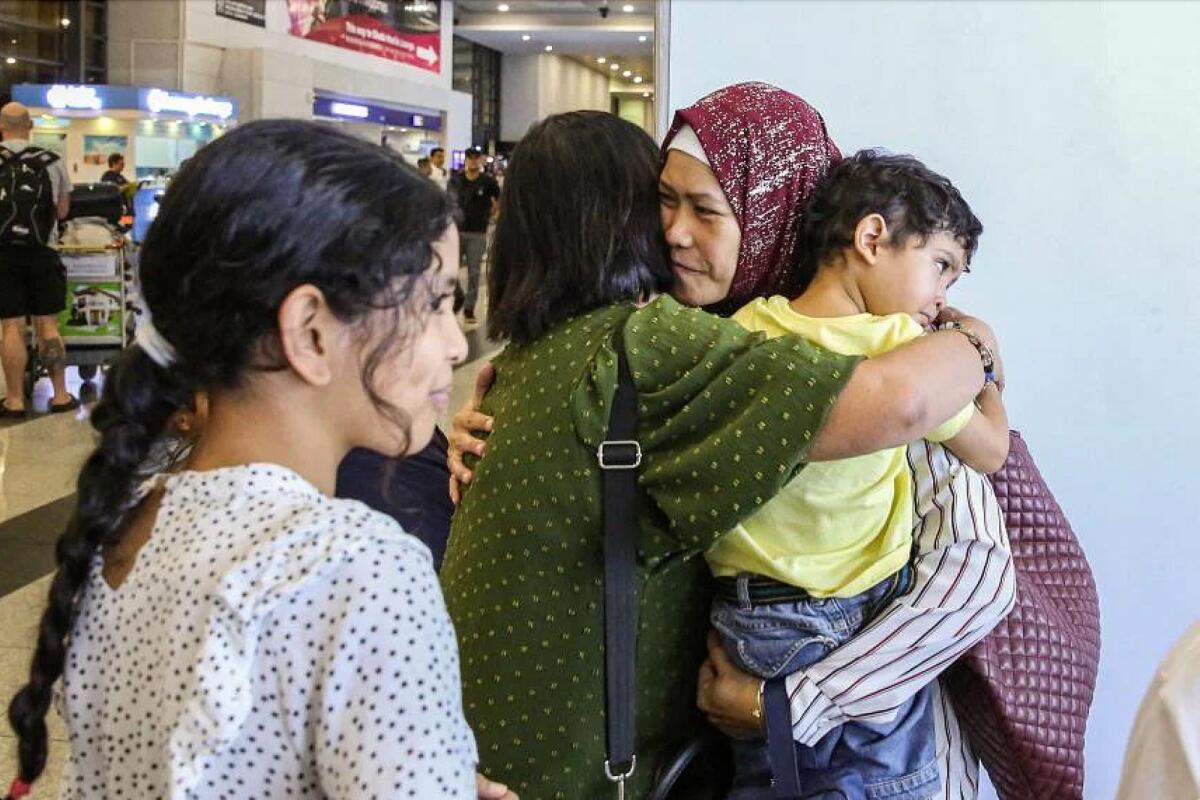

returned and overlooked challenges confronting filipino migrants upon homecoming
Lucy Ortega’s return to the Philippines after Eight years of enslavement in Syria brought new Challenges instead of Relief. Despite a high number of Filipino migrants Contributing Significantly to the Country’s economy through Remittances, returnees like Ortega encounter difficulties upon their Homecoming.
Ortega, now 43 with three Children, Experienced human trafficking, followed by a two-year ordeal in a shelter at the Philippine Embassy in Syria. However, her return brought no Compensation, trauma Counseling, or assistance in finding work. The Philippines, a major Source of migrant labor, repatriated 2.24 million Citizens during the COVID-19 Pandemic, but the increasing number of returnees faces issues from unemployment to Homelessness.
Migrant rights advocates express Concern about the lack of Support for returnees. Despite the government covering emergency repatriation costs, there’s a gap in comprehensive reintegration plans, including job Placement, housing aid, legal advice, and Mental health Services. The Department of Migrant Workers, Established to facilitate overseas employment and reintegration, faces Criticism for offering only emergency assistance.
The lack of a robust Reintegration strategy hinders returning workers from Building Sustainable lives back Home, Contributing to the country’s economic Growth. The Department of Migrant Workers and the Department of Foreign Affairs, Responsible for repatriation, haven’t addressed these Concerns.
Returnees from Conflict zones like Syria receive flights and emergency cash assistance but Struggle to start businesses due to a lack of a Social Network. A Survey reveals that more than 80% of Filipino returnees find making a living the biggest Challenge.
Lucy Ortega, leading a Support group of trafficked Domestic workers, Highlights the minimal assistance they received, now working part-time for less than the minimum wage. Maria Eliza Alcala, another returnee, faces age discrimination in job Hunting.
Housing poses another challenge, with Repatriated migrants lacking Proper accommodation. Some end up in shared dormitories or face Difficulties upon returning to local Government units.
Despite these Challenges, Some returnees, disheartened by the lack of Opportunities at home, Choose to Migrate again for Work. The absence of Robust reintegration measures contributes to this cycle, as returnees face hardships both abroad and upon their return, Prompting them to take the risk again.
American working professionals are starting side jobs due to financial instability during these times. According to LinkedIn Workforce Confidence survey…
Just Stop Oil - the British group famous for its protests against climate change - has decided to change tactics…
Under HHS Secretary Robert F. Kennedy Jr. the Department of Health and Human Services starts its change process by firing…
Glove manufacturer YTY has raised alarms over forced-labour practices that could be of a “systemic nature” at one of its…
The climate crisis in Iraq represents not just an environmental emergency, it is also an important humanitarian crisis affecting large…
In a major update, a BBC correspondent has been arrested and deported from Turkey after reporting on the ongoing protests…
This website uses cookies.
Read More